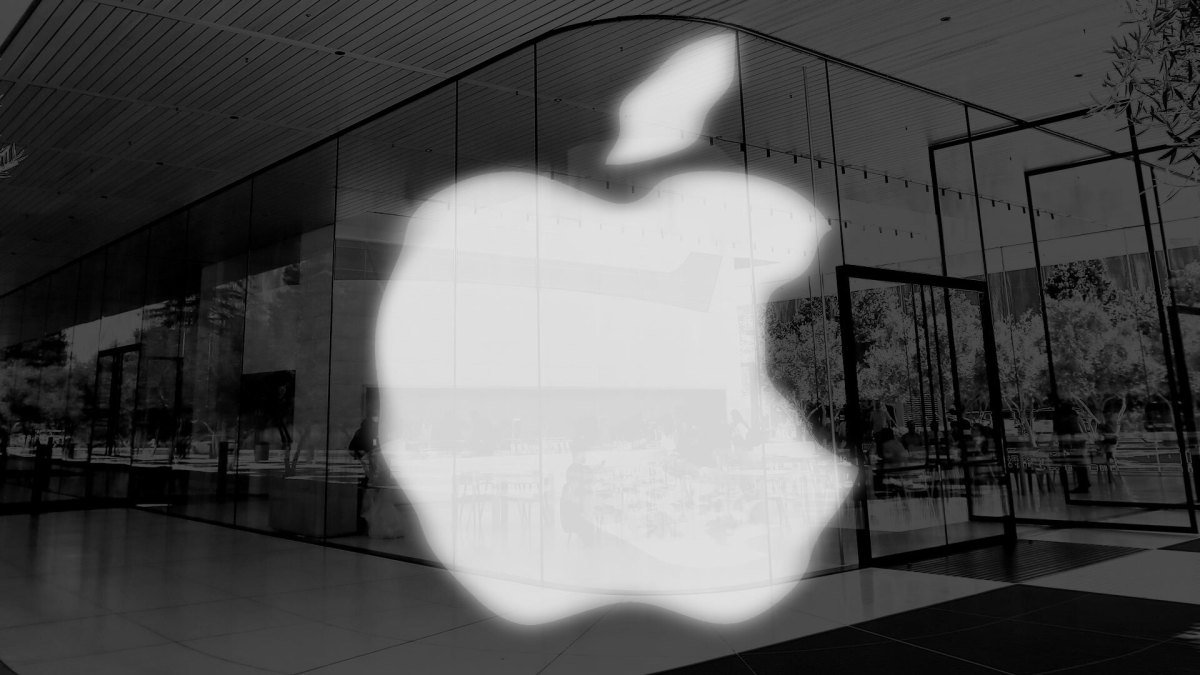Multiple top developers, including Epic Games, Spotify, Proton, 37Signals, and other notable names have expressed their disapproval of Apple’s recent changes to comply with the European Union’s new Digital Markets Act (DMA). In fact, in a formal letter addressed to the European Commission, these companies have collectively called out Apple for making a mockery of the new law and urged swift action to protect developers.
The DMA rules from Apple have received widespread criticism from developers and tech companies such as Meta, Mozilla, and Microsoft. Rather than creating a fairer playing field for developers to compete with Apple’s App Store, Apple has found a way to comply with the regulations while still not aligning with its purpose. Of note, Apple added a Core Technology Fee for developers using the DMA rules, requiring them to pay Apple €0.50 for each first annual install per year over a 1 million threshold. This has been a major setback for potential competitors who were hoping to establish their own app stores or distribute their apps outside of Apple’s ecosystem to avoid paying commissions.
In their letter, a collective of 34 companies and associations spanning various sectors have called on the European Commission to intervene.
“Apple’s new terms not only disregard both the spirit and letter of the law, but if left unchanged, make a mockery of the DMA and the considerable efforts by the European Commission and EU institutions to make digital markets competitive,” the group stated.
The letter then lists specific areas where the companies believe Apple is not in compliance with the DMA. One major issue is Apple’s system requiring developers to actively opt-in to the DMA terms, which only adds unnecessary complexity and confusion according to the group. Additionally, the new fee structure and Core Technology Fee make it clear that very few developers will agree to the DMA terms. While some developers have publicly criticized these terms, MacPaw recently announced that they have agreed to the terms in order to distribute their software subscription service, Setapp, within the EU.
The companies also take issue with Apple’s “scare screens,” which warn customers about the supposed risks associated with using third-party platforms. According to the group, these screens mislead and degrade the user experience, ultimately depriving them of the true choice and benefits the DMA was meant to provide.
Finally, the letter argues that for the DMA to be effective, it must allow for alternative app stores and sideloading – both of which Apple makes difficult or impossible under its current DMA rules.
In response, Apple has published a whitepaper outlining their solutions for complying with the DMA’s requirements for commissions and payments. The company emphasizes the security and trust customers have with Apple and highlights their commitment to consumer privacy. In short, Apple’s stance is that “Users should not be exposed to physical harm through iOS,” and all their efforts towards DMA compliance are meant to reduce the potential for harm to users.
Despite Apple’s stance, there are signs they may be feeling the pressure. Just today, the company reversed a previous decision to block progressive web apps from functioning normally on devices in the EU. This comes after reports that the EC’s ruling on competition in the streaming music market will not work in Apple’s favor, potentially resulting in a €500 million fine. As a counterpoint, Apple shared details on Spotify’s success on iOS, including that their app has been downloaded over 119 billion times on Apple devices.
When asked for comment on the letter from the companies, an EC spokesperson acknowledged the six-month deadline for Big Tech gatekeepers (such as Apple) to comply with the DMA’s rules.
“Once the compliance solutions are fully known next week, these need to be properly analyzed both by the Commission and stakeholders, in its completeness and not just based on a few announcements,” they stated. They also added that the Commission is closely monitoring how these companies are complying and will not hesitate to take action once they have full enforcement powers.









Elliott Hahn